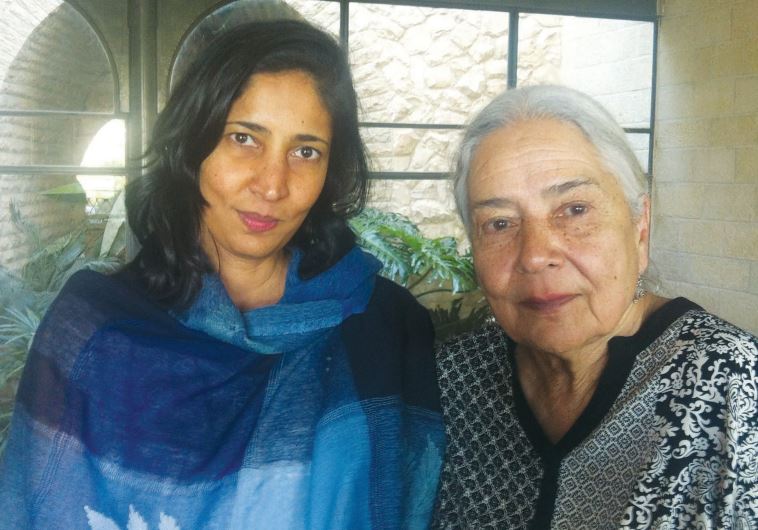Fifth Jerusalem Writer’s Festival: The story of family
Award-winning mother-daughter novelists Anita and Kiran Desai participate in the event.
 Kiran (LEFT) and Anita Desai are writers in residence at Mishkenot Sha’anim in Jerusalem for the month of May.(photo credit: LAURA KELLY)
Kiran (LEFT) and Anita Desai are writers in residence at Mishkenot Sha’anim in Jerusalem for the month of May.(photo credit: LAURA KELLY)